13 Natural Ways To Prevent Pimples And Acne
By: Priyanka Maheshwari Fri, 24 Nov 2023 3:34:13

Dealing with acne and pimples can be challenging, and no one wishes to endure such a struggle. Wouldn't it be preferable to prevent them altogether? To do so, it's essential to understand the various factors that contribute to acne and pimples and follow a systematic skincare routine. Can home remedies effectively thwart the onset of acne and pimples? This article delves into the causes of these skin issues and explores different remedies to help you in prevention. Continue reading to gain insights!
A pimple, defined as an inflamed spot on the skin, is a form of acne that can manifest at any age.
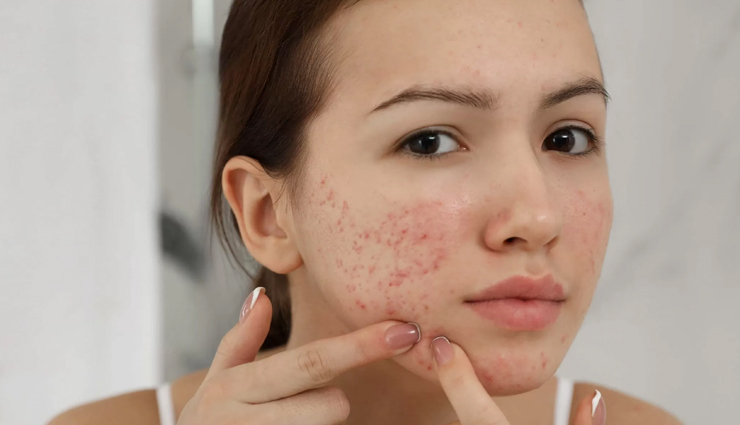
Before attempting treatment, it's crucial to comprehend the reasons behind acne and pimples. The following factors play a role in this condition:
- Clogged Pores: When pores or sebaceous glands become obstructed, they are unable to release sebum, an oily substance vital for skin moisturization. The accumulation of oil, dead skin cells, and bacteria in the affected area leads to acne or pimples.
- Genetics: A family history of acne increases the likelihood of experiencing it. Genetic factors determine skin sensitivity to hormonal fluctuations, the rate of cell shedding, sebum production, and response to inflammation—factors influencing the propensity for developing pimples.
- Hormones: Levels of estrogen and testosterone directly influence the occurrence of pimples. Puberty, pregnancy, and menstruation periods are times when hormonal fluctuations commonly trigger acne outbreaks.
- Stress: Research indicates that stress exacerbates acne, as stress hormones interact with receptors in the sebaceous glands, boosting sebum production and contributing to acne development.
A global survey involving 6,700 participants revealed that 51% of individuals with acne experienced extremely high stress levels. Additionally, 54.6% of those with acne reported sleep disturbances compared to their counterparts without acne. Consequently, stress emerges as a significant factor in the causation of acne.
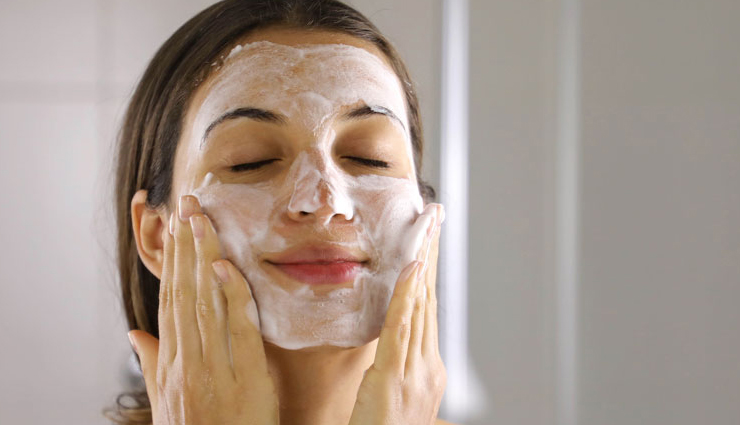
# Wash Your Face Properly
The foundation of an effective skincare routine lies in gentle cleansing. Employ a mild, non-comedogenic cleanser to cleanse your face twice a day—morning and night. Additionally, cleanse your face after heavy sweating. However, refrain from overwashing, as it can result in redness or dryness. If your skin appears excessively oily, utilize blotting paper for oil control. When washing, opt for warm water to help open up the pores.
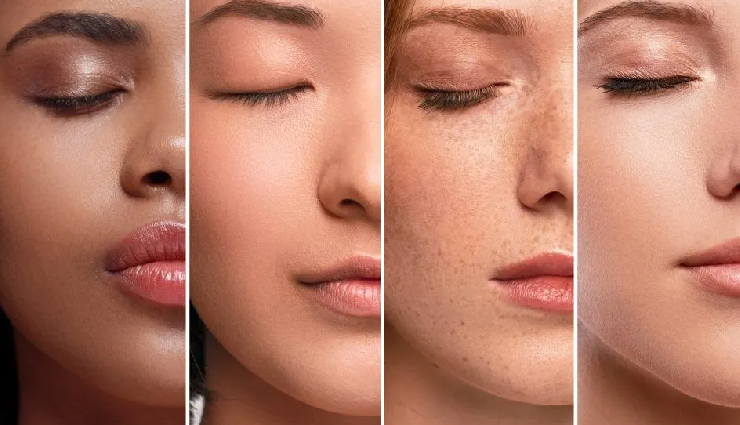
# Know Your Skin Type
This step is crucial as it aids in selecting appropriate skincare products tailored to your skin type. Products designed for oily skin may not be suitable for dry skin. Oily skin is particularly susceptible to pimples due to overactive sebaceous glands that produce excess sebum. Additionally, combination skin is prone to pimples, especially in the T-zone.
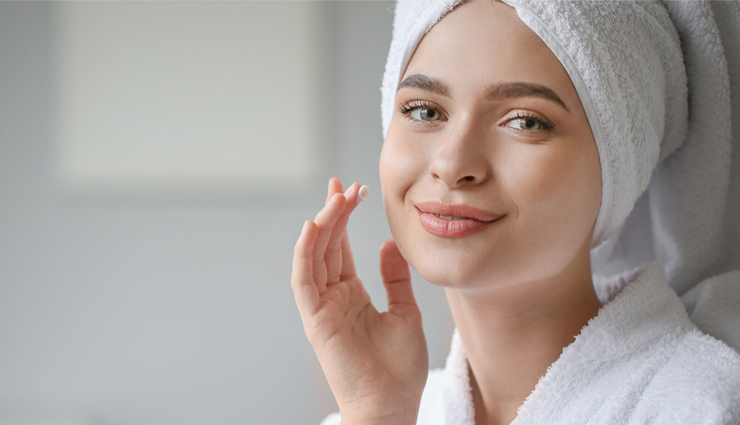
# Keep Your Skin Moisturized
Ensuring your skin stays moisturized is crucial in preventing pimples. Yet, steer clear of moisturizers with chemicals and synthetic fragrances. Opt for non-comedogenic moisturizers to prevent your skin from feeling dry after each wash. Face masks or serums can be utilized to moisturize your skin effectively and retain hydration.

# Use Acne Medication
Drugstores offer over-the-counter medications for treating acne and pimples. Before using any medications, it's advisable to consult with a dermatologist. Additionally, ensure diligent adherence to the provided instructions.

# Drink Water
When your body experiences dehydration, it triggers the skin to generate more oil as a means of maintaining moisture. This heightened oil production can lead to increased inflammation and exacerbate acne.
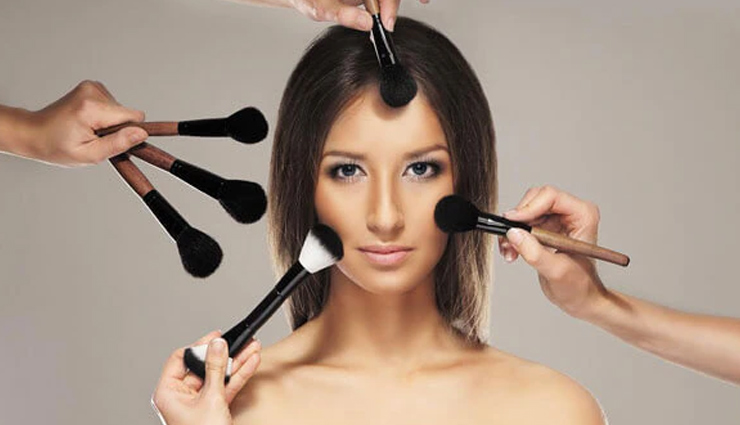
# Use Makeup Wisely
The temptation to conceal acne and scars with makeup is understandable. Yet, be cautious, as makeup has the potential to further clog pores and worsen the condition. Opt for non-comedogenic products and formulas that are non-greasy when using makeup. Additionally, steer clear of heavy foundations and concealers.
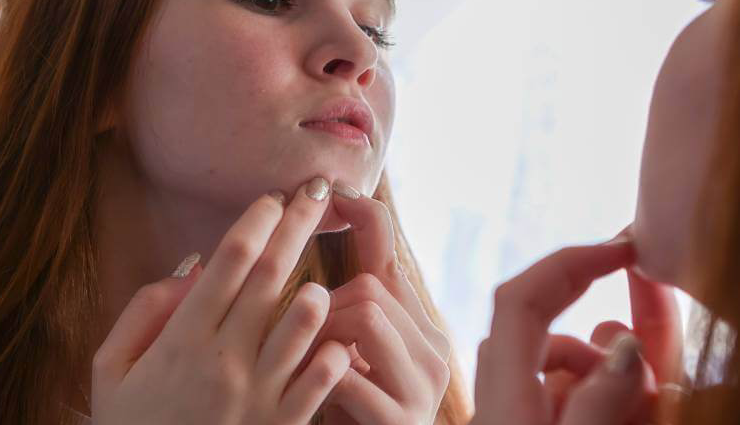
# Refrain from Touching Pimples
Resist the urge to squeeze, touch, or scratch pimples, as your fingers harbor germs and bacteria that can be transferred to your skin. Avoiding facial contact minimizes the risk of skin irritation and exacerbation of acne breakouts.

# Prioritize Sun Protection
Prolonged exposure to the sun can lead to skin dehydration, prompting increased oil production and resulting in blocked pores and breakouts. To safeguard your skin, carry an umbrella and use sunscreen when venturing outdoors.
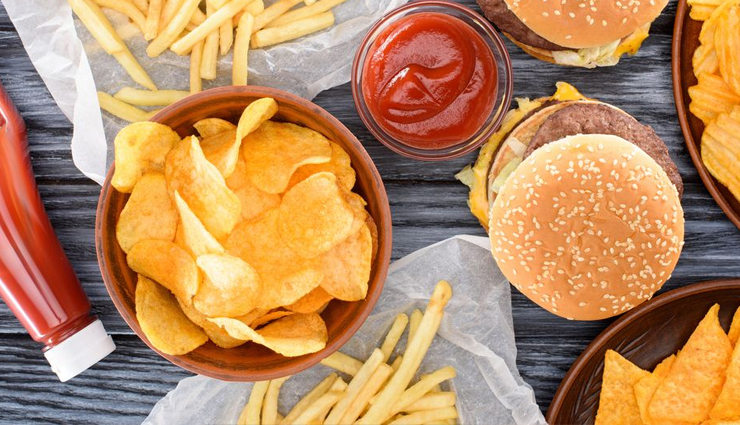
# Monitor Your Diet
Be mindful of your dietary choices, as what you eat reflects on your skin. A review in the Journal of the American Academy of Dermatology suggests that certain foods can worsen acne. High-glycemic-index foods, including baked goods, chips, soft drinks, and those made with white flour, may exacerbate acne. Dairy products have also been linked to triggering acne breakouts in some cases.
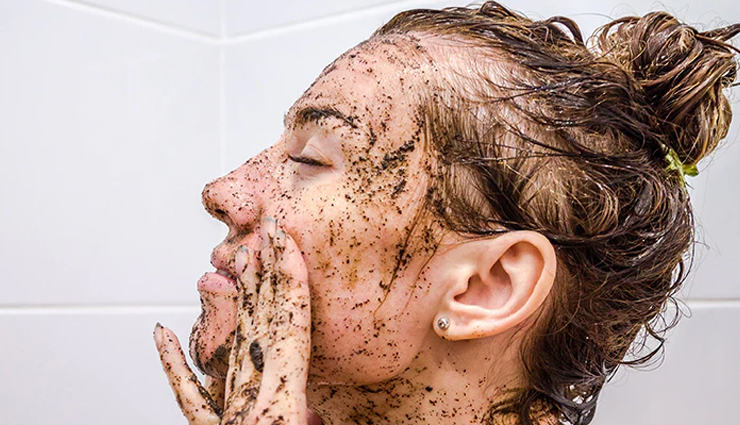
# Avoid Scrubbing
If you have acne, steer clear of face scrubs and avoid cleaning your face with cloth pads or washcloths. Scrubbing irritated skin can lead to increased inflammation and worsen pimples or acne breakouts.
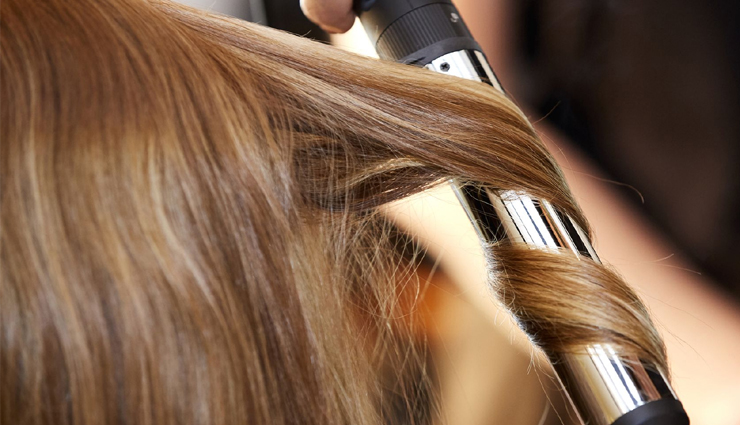
# Evaluate Your Hair Care Products
Hair care products, such as shampoos, conditioners, and styling products, often contain chemicals and oils that can clog pores, causing acne and pimples around the hairline, forehead, and neck—referred to as Acne cosmetica. Use non-comedogenic, oil-free, and non-acnegenic products. After using any hair product, ensure thorough scalp cleansing to clear any residue.

# Manage Stress
Stress can contribute to the development of pimples and acne. Practice stress management techniques such as meditation, regular exercise, or engaging in activities that bring happiness and relaxation.

# Maintain Clean Facial Accessories
If you use makeup brushes, beauty blenders, or facial cleaning brushes, it's essential to keep them clean. Unclean accessories can harbor germs and contribute to pimples and acne. Wash them thoroughly after each use, and always ensure the cleanliness of towels, bedsheets, and pillowcases.





